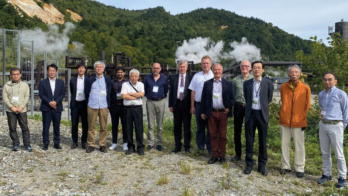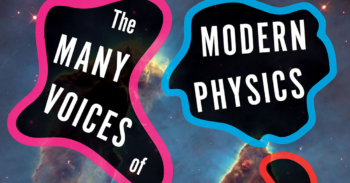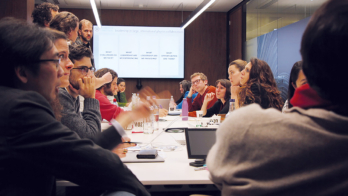The problem of publishing physics papers that have long lists of authors and reconciling it with the need to give due recognition to the contributions of individuals or small groups has long been recognized. An answer has now been found.

A major physics experiment is the sum of many components, the main components being the individual physicists. The collaborations on the experiments at CERN’s new LHC collider can involve thousands of people.
While these researchers draw collective pride in their accomplishments, the career of an individual scientist ultimately depends on personal contributions. When the progress of the experiment depends on the efforts of many physicists scattered all over the globe, how can the individual physicists document his or her personal achievements?
To solve this dilemma, an initiative for a totally new type of scientific publication, which complements the traditional collaboration articles, was launched in 1998 by the High-Energy and Particle Physics (HEPP) Board of the European Physical Society and was discussed with the European Committee for Future Accelerators (ECFA). The ECFA is a parliament of European particle physicists whose concerns cover all aspects of particle physics.
The result was a common ECFA/EPS committee and a working group on publications policy for future large experiments, co-chaired by the ECFA and EPSHEPP secretaries. The committee included representatives from major experiments at CERN’s LHC collider and an observer from the Division of Particle and Fields of the American Physical Society.
The working group made recommendations to the ECFA and to the EPSHEPP board. These have been discussed and, with remarkable speed, so far accepted in principle by major European and US research journals. The full statement on these new “scientific notes” is published here for the first time.
The proponents of the new publishing format said: “A combination of scientific publications of the large collaborations with associated scientific notes provides a way of recognizing individual contributions while maintaining responsibility for published results with the collaborations. We hope this will provide new guidelines for other fields of science where large collaborations are involved.”





